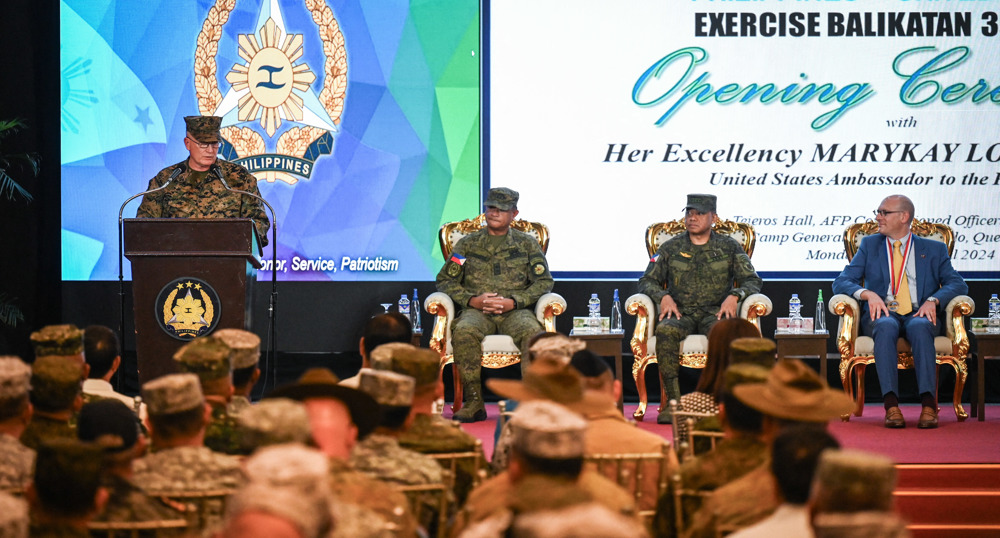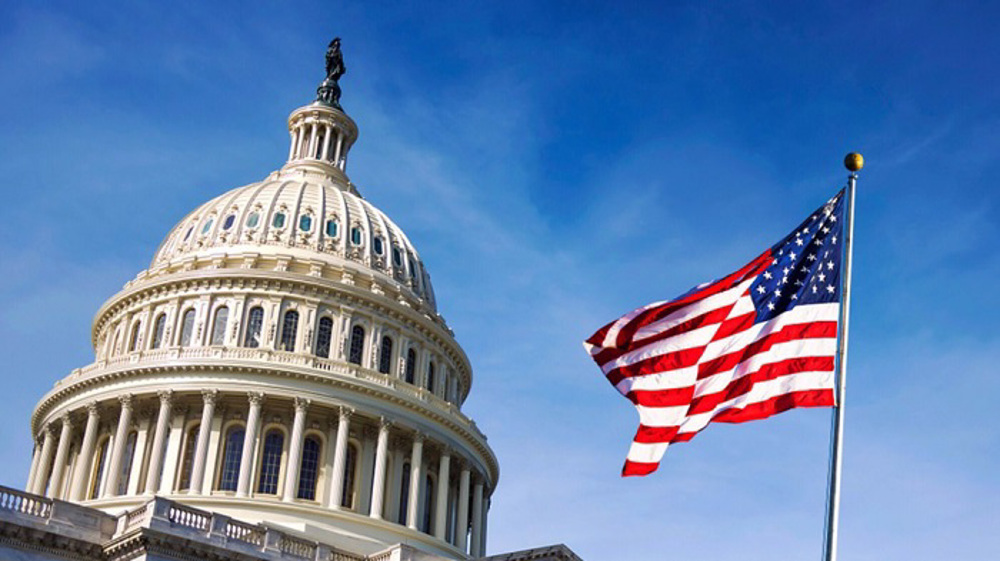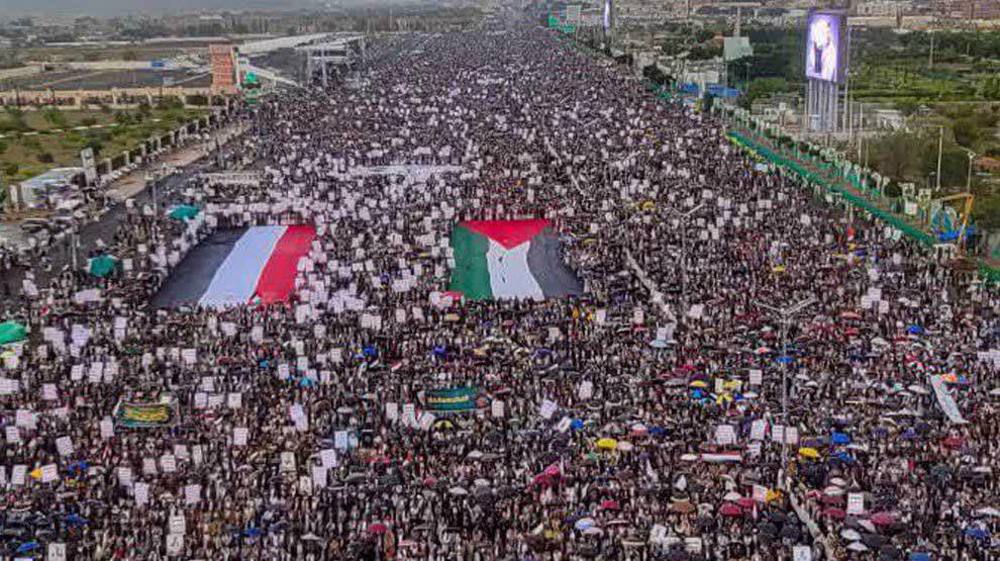Millions of Nepalese kids face life-threatening shortages: UNICEF
Severe shortages of food and vaccines due to the ongoing blockade at Nepal-India border have left millions of children at risk of disease or death in the landlocked Himalayan country this winter, the United Nations says.
The United Nations International Children's Emergency Fund (UNICEF) said in a statement on Monday that shortages of essential supplies were putting more children at risk this winter across Nepal.
“More than three million children under the age of five in Nepal are at risk of death or disease during the harsh winter months due to a severe shortage of fuel, food, medicines and vaccines,” the statement read.
The agency indicated that shortages have also resulted in fewer medically-supervised deliveries due to limited ambulance services, putting the lives of some 125,000 expected newborns at risk over the next two months.

Meanwhile, Anthony Lake, UNICEF’s executive director, has also noted that a lack of medical supplies could result in a life-threatening situation for children.
“The risks of hypothermia and malnutrition, and the shortfall in life-saving medicines and vaccines, could be a potentially deadly combination for children this winter,” Lake said, adding, “They could now be facing a new disaster — without adequate food, protection from the cold, or health care.”
Karin Hulshof, regional director of UNICEF for South Asia, also pointed out that the plight of the children could worsen by their limited access to the basic needs of life in coming months.
“The plight that children and their families are facing in the country has been worsening by the day and will deteriorate further in the winter months,” Hulshof said, noting, “UNICEF urges all sides to address the restrictions on essential imports of supplies to Nepal. There is no time to lose.”
The agency also said that more than 200,000 families are still living in temporary shelters at an altitude above 1,500 meters seven months after the April 25 earthquake killed nearly 9,000 people.
The developments come as protesters in Nepal have been blocking the country’s border posts with India to protest against a new constitution that was signed by parliament in late September. The constitution restructuring the country as a federal state made up of seven provinces, came into effect on September 20.

Members of ethnic Madhesi political parties boycotted the vote and, since the implementation of the new charter, have assembled large demonstrations that blocked border posts with India, including the main entry point at Birgunj, a town about 135km south of the capital, Kathmandu.
For weeks now, Indian border officials have also been preventing shipments of vital supplies from crossing the border, claiming that protests against Nepal’s constitution are putting Indian drivers’ lives in danger.
The landlocked country is heavily dependent on neighboring India for most of its medicine and fuel.

There have been reports that authorities in New Delhi, who have criticized Kathmandu’s handling of the constitution, have been behind the blockade. Indian officials have, however, denied the accusation.
Residents in south of the country argue that the new internal borders will discriminate against historically-marginalized communities. Clashes between protesters and police have left nearly 50 people dead.
April 25: ‘Axis of Resistance’ operations against Israeli occupation
Hezbollah hits Israeli military sites near border with rockets, drones
Rwandans say UK deportation 'another brutal manifestation of neo-colonialism'
US troops begin construction of controversial pier off Gaza
Israel ‘spoofs’ GPS signals, endangering flight safety amid Gaza war: Report
Iran urges Security Council to address 'belligerent' Israeli atrocities
VIDEO | Leader meets workers on Labor Week
French police called in to break up US-style pro-Palestinian student demo
















 This makes it easy to access the Press TV website
This makes it easy to access the Press TV website